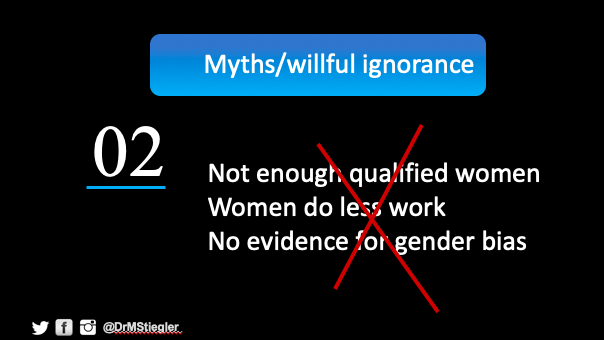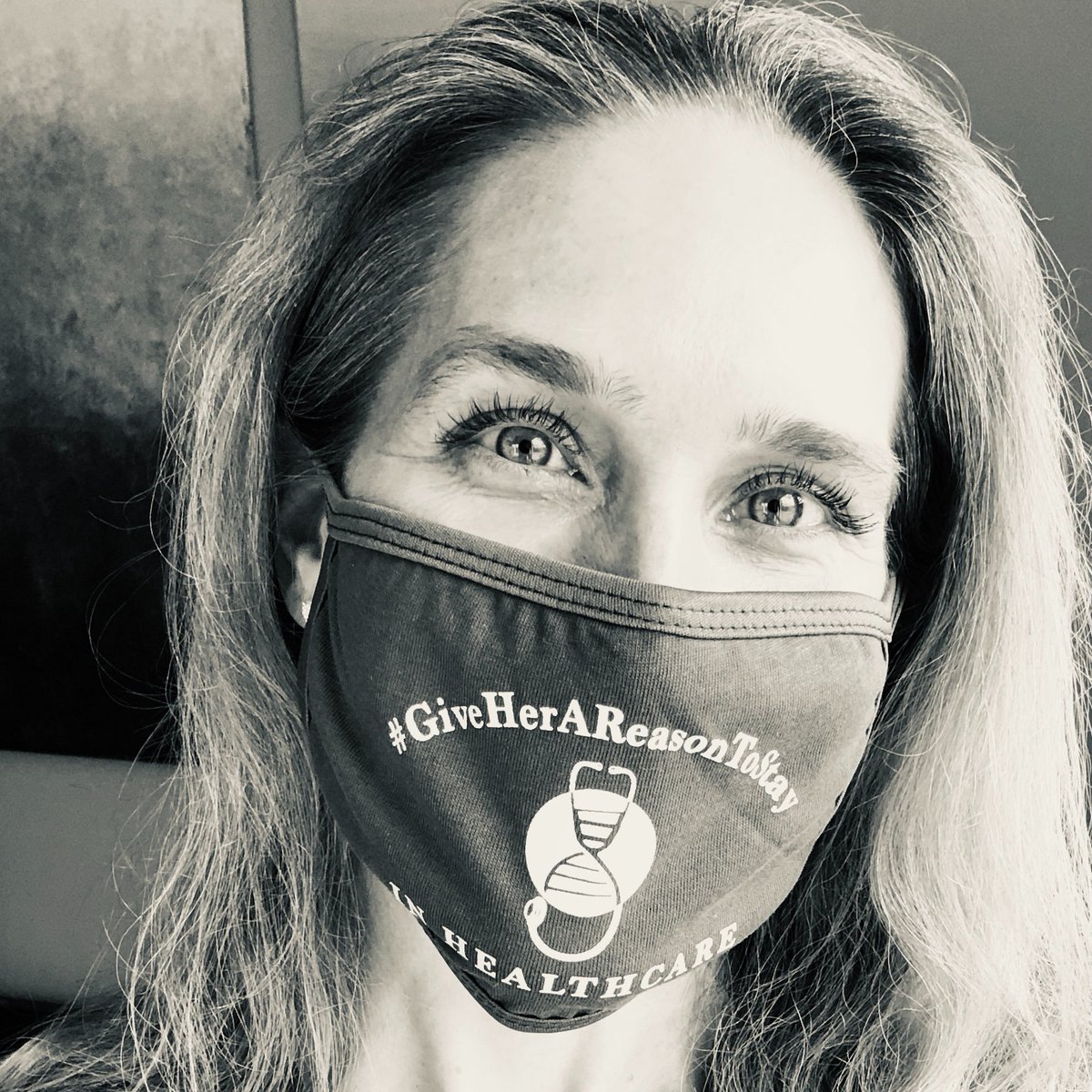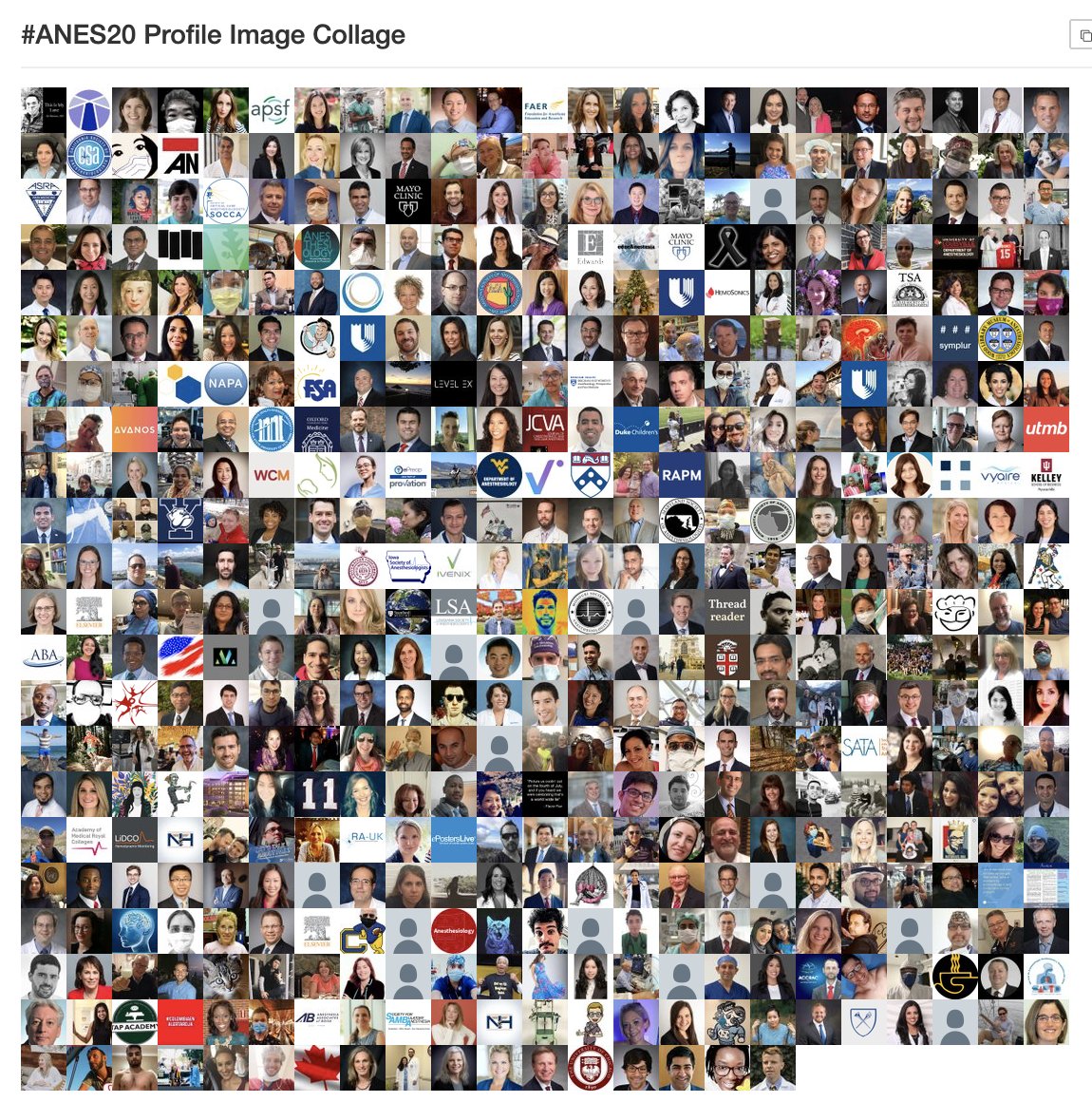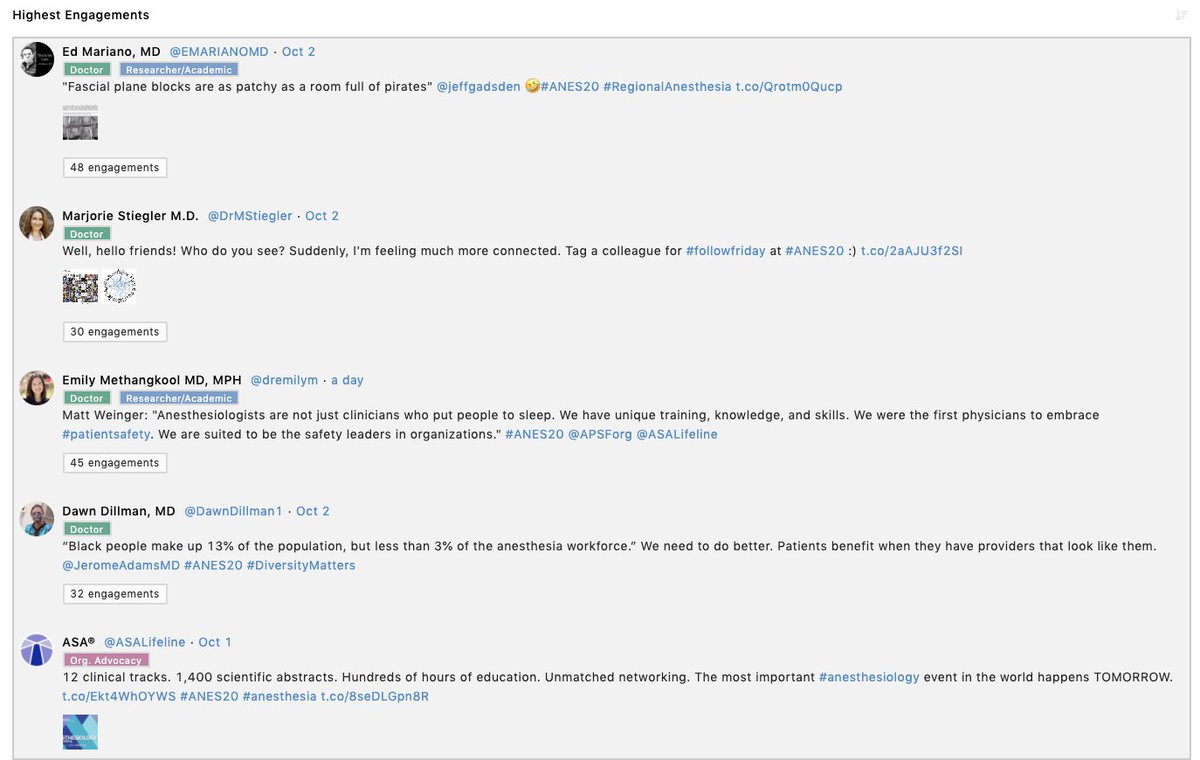Thanks to #medtwitter for helping me deliver a powerful message at #CombiSIG19 on #genderbias. Here's what I said:
1. It's real. End of story. I gave a slide with tons of references, including from @JulieSilverMD @arghavan_salles @TheLancet

1. It's real. End of story. I gave a slide with tons of references, including from @JulieSilverMD @arghavan_salles @TheLancet


But people like stories more than studies, so I also included an anecdote - a peer review of a textbook proposal. It was a rejection. Turns out, the publisher didn't agree with the critiques. #womeninmedicine 

And I illustrated the potential ripple effect had I lost this opportunity not for lack of academic legitimacy, but for having a new job in a new city with a new baby.
Would I have had fewer speaking opportunities, research collaborations, funding?
Would I have had fewer speaking opportunities, research collaborations, funding?

Would this have altered my academic trajectory? When leaders looked for faculty to invite, promote, nominate - would I be among those considered? Or would I be under-qualified because of the very real consequences of having a child? #thatsbias
And then we talked about the why.
Overt discrimination - the ugly we can see. Just a small part of the problem.
More insidious and a bigger part of the problem are perpetuation of myths, false beliefs, and implicit bias.



Overt discrimination - the ugly we can see. Just a small part of the problem.
More insidious and a bigger part of the problem are perpetuation of myths, false beliefs, and implicit bias.




Finally, another personal story about how supporting women doesn't always mean promoting women.
When my husband was diagnosed with cancer, I needed a different kind of help.
Not more papers or committees or speaking, but fewer.
In fact, none.
Immediately. #HeForShe
When my husband was diagnosed with cancer, I needed a different kind of help.
Not more papers or committees or speaking, but fewer.
In fact, none.
Immediately. #HeForShe

Have zero tolerance for data denial and willful ignorance.
Have transparency, not tokenism.
Use systemic counterbalances to implicit bias.
Create culture of equity so people do succeed on their merits.
That's what I intend to do.
Will you join me?
Have transparency, not tokenism.
Use systemic counterbalances to implicit bias.
Create culture of equity so people do succeed on their merits.
That's what I intend to do.
Will you join me?

• • •
Missing some Tweet in this thread? You can try to
force a refresh
















